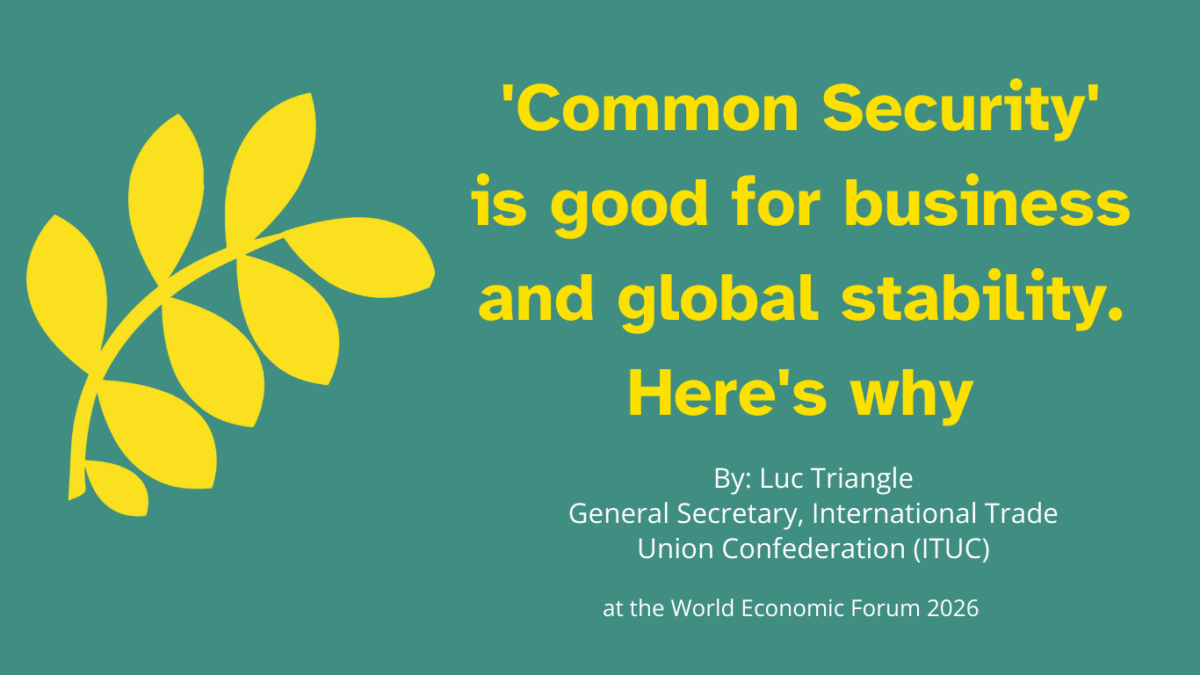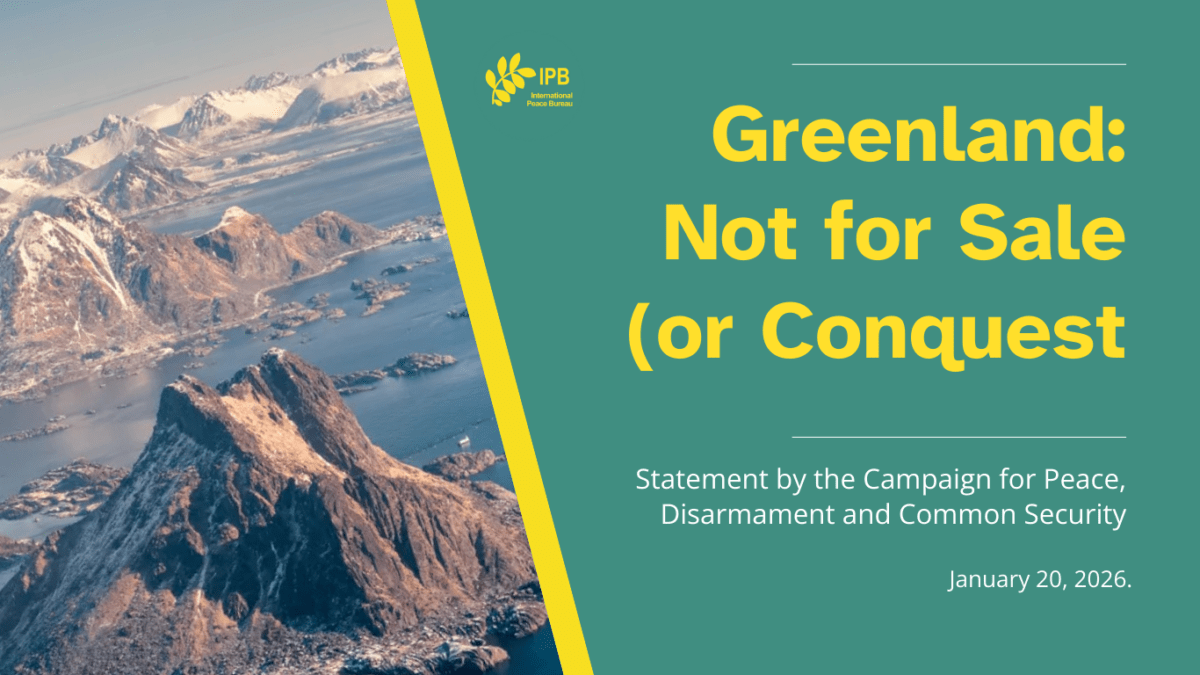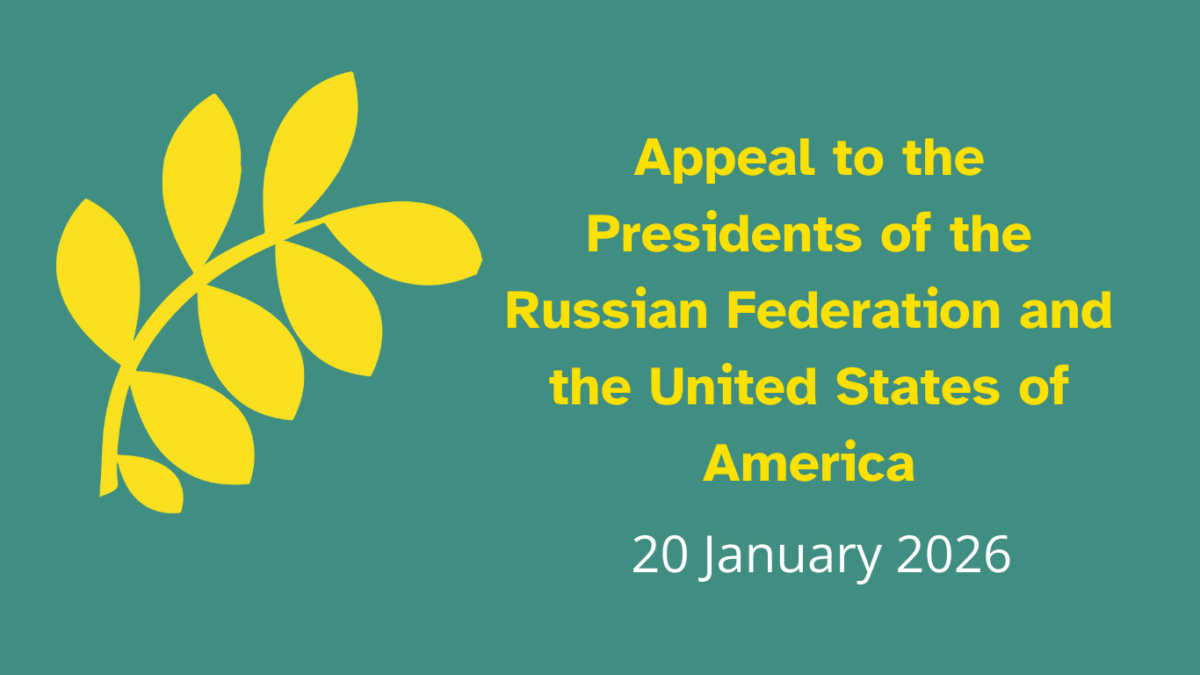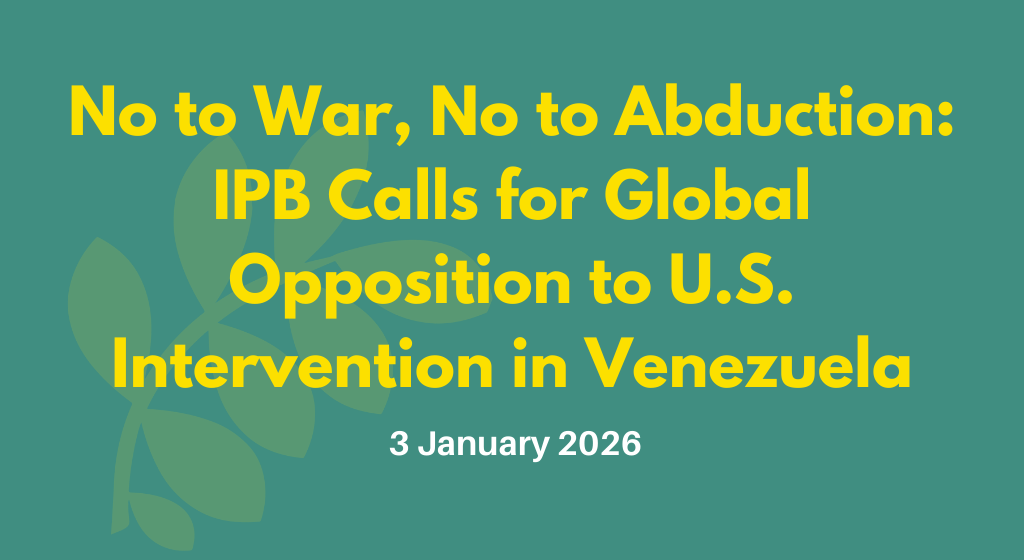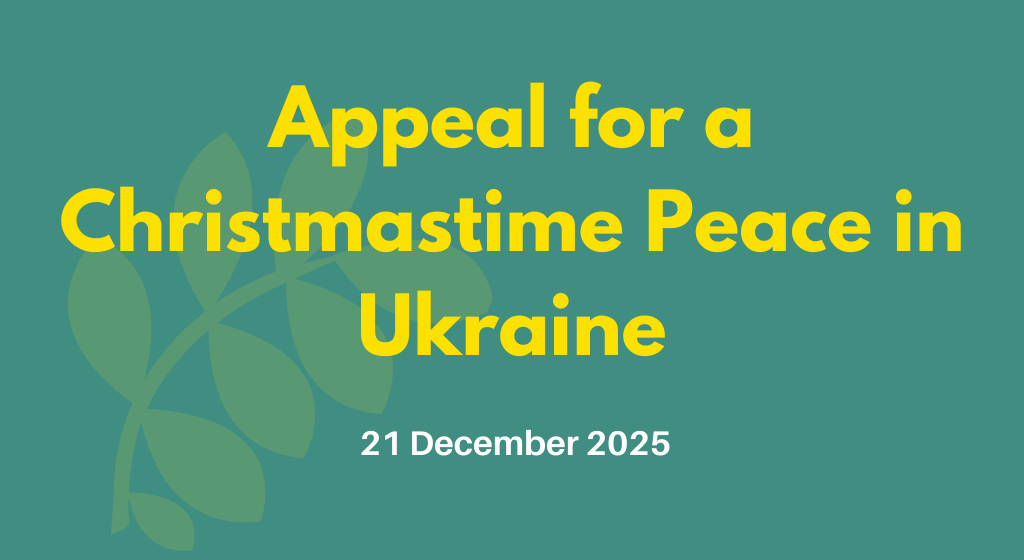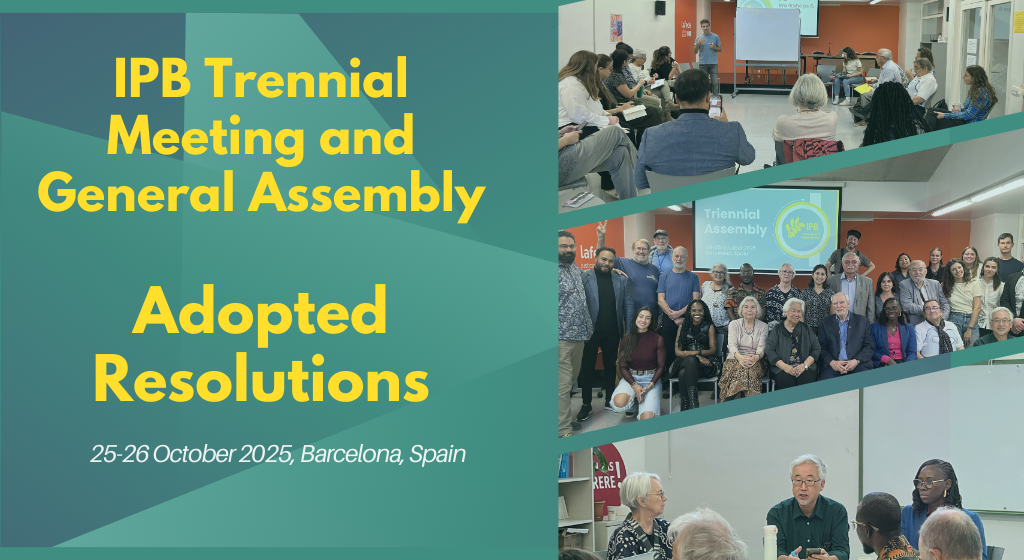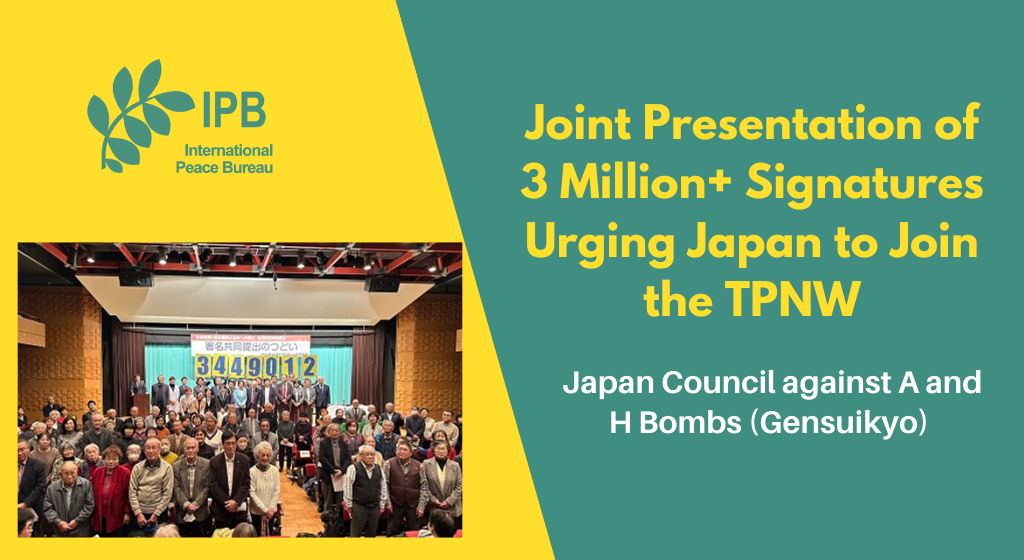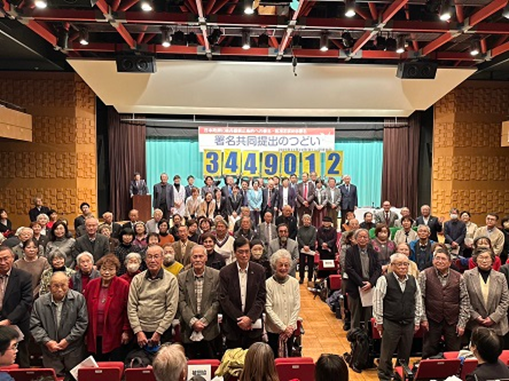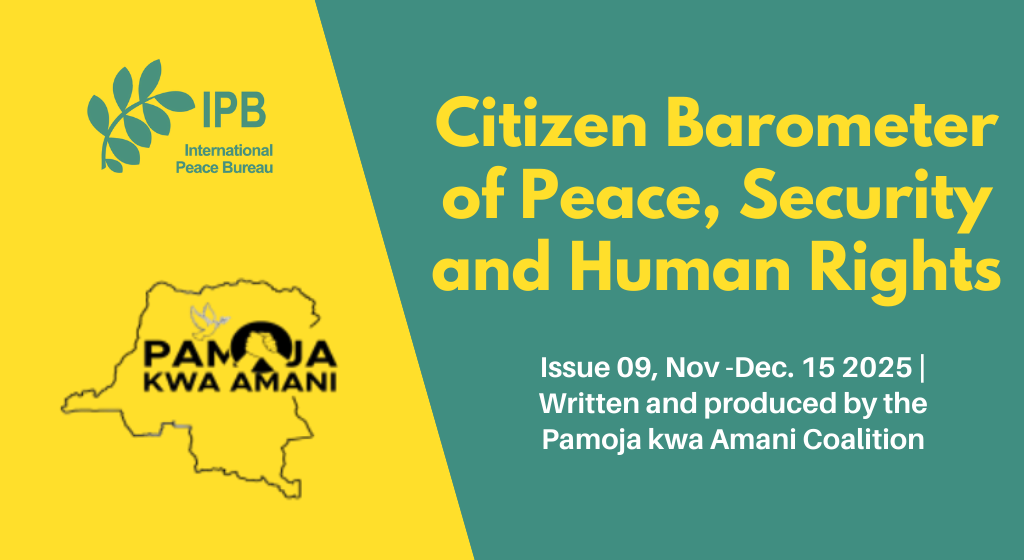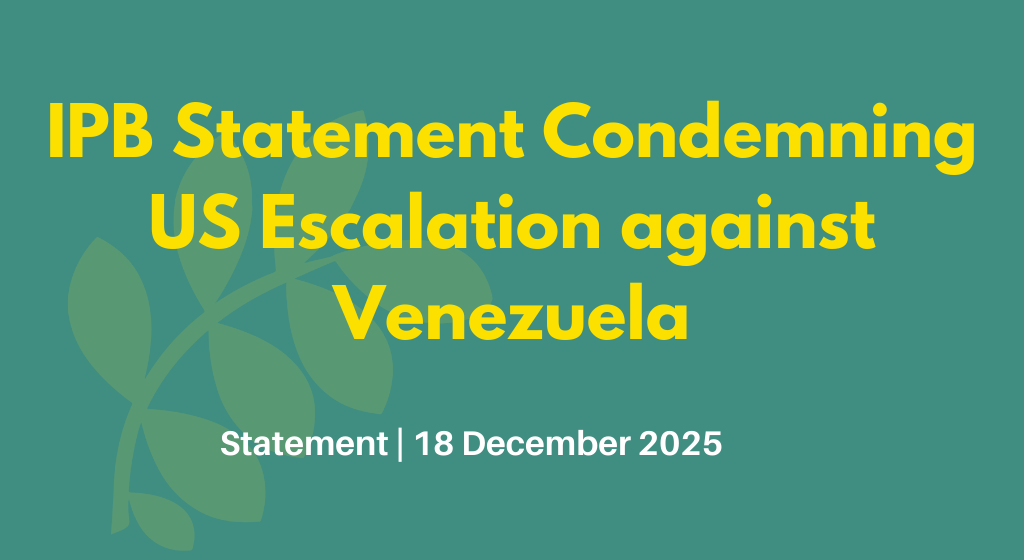The weekend of October 25–26 IPB held its Triennial Assembly in Barcelona, the organization’s highest decision-making meeting. The event brought together 19 Board and Council members in person from the different regions in the world and 16 Board and Council members online, along with several individual members and external observers who joined both onsite and remotely—bringing the total to over 50 participants. Representatives of member organizations and partner networks engaged in formal and informal discussions, reviewed the progress made since the last Annual Council Meeting in 2024 and the last Triennial in 2022, and contributed to shaping IPB’s strategic direction for the coming years.
Read more: Resolutions Adopted at the 2025 IPB Triennial Assembly
The outcome of such strategic conversations is reflected in the adopted resolutions, which will guide the work of our network moving forward.
- Global Governance in a Shifting Geopolitical Landscape
- The Importance of Cross-Movement Collaboration during Overlapping Crises
- The Urgency of Disarmament Revitalization
- Digitalizing IPB’s Data Management and Expanding Communication Platforms and Budget
- Consolidation of IPB Consultants into a Formal Advisory Group
The first three resolutions respond to the changes we are currently facing in the international sphere. An increasingly dangerous tendency towards rearmament and a disregard for international institutions and norms is making it more necessary than ever to reflect on where we stand as a network committed to peace and justice. We renew and reaffirm our stance against militarism and in defense of social justice and environmental protection.
The last two resolutions are enablers for the sustainability and improvement of the work we do, indispensable to keep the IPB network active and growing.
Translations of the resolutions into different languages will be available shortly on this page.
Resolutions
1. Global Governance Reform in a Shifting Geopolitical Landscape
At a time when structural flaws are visible in the UN system, and the legitimacy of its institutions is growing fragile, IPB sees opportunities for global governance reform.
In doing so, we commit ourselves to advocating for the Pact for the Future, to supporting efforts to internationalise the UN Headquarters and meetings, and for greater inclusion of civil society and regional networks within the UN framework. Through developing partnerships, coalitions, and networks, we will support UN treaties and oppose efforts to weaken or delegitimise the UN.
2. Building a Common Movement through Cross-Movement Collaboration during Overlapping Crises
3. The Urgency of Disarmament Revitalization
4. Digitalizing IPB’s Data Management and Expanding Communication Platforms and Budget
5. Development of an Advisory Group

